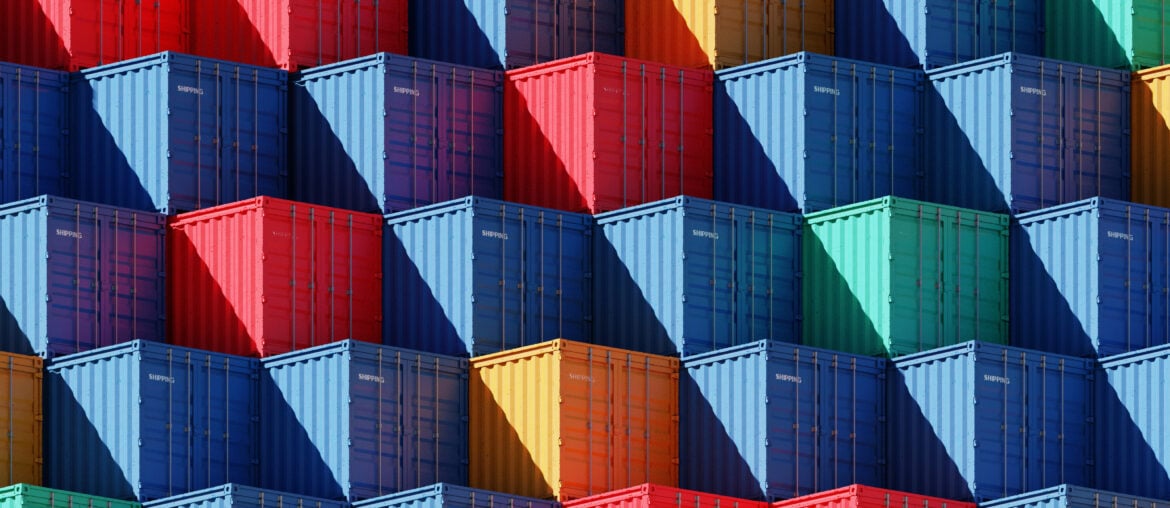With the official declaration of the Canada- U.S. tariff war, Canadian consumer behavior has undergone a significant shift, sparking a renewed sense of patriotism and a robust “buy Canadian” movement. As tariffs are expected to drive up the cost of imported goods, Canadians are increasingly turning to domestically-produced products. To meet this growing demand, many companies are emphasizing the Canadian origin of their products through labeling and product claims. However, businesses must navigate important requirements…
Following weeks of tariff threats from the U.S. and the imposition of retaliatory Canadian tit-for-tat tariffs and non-tariff measures, the U.S. and Canada are currently in the midst of a trade war that is expected to have significant economic repercussions. On 5 March 2025, the Government of Canada announced that it would take action under the Investment Canada Act (“ICA”) to protect Canadian companies from foreign investors looking to capitalize on the current economic uncertainty…
Baker McKenzie’s Global Customs Practice invites you to join us for a follow up webinar on “Trump and Tariffs: Section 232 Tariff Announcement, Reciprocal & Retaliatory Tariffs and More”This one-hour webinar will take place Thursday, 20 February 2025 at 10:00 CST / 11:00 EST / 17:00 CET.On February 10th President Trump announced that 25% tariffs will be imposed on all steel and aluminum products imported into the US from all countries, including Canada, Mexico, the EU and UK, which were previously subject…
Baker McKenzie’s Canadian international trade and customs team is publishing a series of articles reviewing 2024 trade and customs compliance developments and looking ahead to 2025’s burgeoning issues. This article focuses on Canadian legislative and enforcement developments in combatting forced and child labour. Before we dive into Canada’s commitments to combatting forced and child labour, here is an overview of the current state of politics in Canada, which includes a discussion of the legislative powers…
Baker McKenzie’s Global Customs Practice invites you to join us for a webinar we’ll be hosting on “Trump and Tariffs: Focus on the US, Canada and Mexico”.This one-hour webinar will take place Wednesday, 5 February 2025 at 10:00 Mexico City / 11:00 EST / 17:00 CET. On February 1st 2025, President Trump signed executive orders imposing the long-anticipated tariffs he has called on for Canada and Mexico including 25% tariffs on non-energy imports from Canada and on all imports from Mexico…
President Trump signed an executive order on February 1, 2025 (“Executive Order“), imposing the long-anticipated tariffs on Canada, Mexico, and China under the International Emergency Economic Powers Act (“U.S. Tariffs“).Canada retaliated swiftly by implementing retaliatory tariffs/countermeasures at a rate of 25% pursuant to sections 53 and 79 of the Customs Tariff by way of an Order in Council (United States Surtax Order (2025) (“Canada Tariffs“). Read the Government of Canada’s press release here. For the past two decades, goods have largely flowed across North…
At the time of the publication of this blogpost on February 1, 2025, Mexico, Canada, and China have not yet responded to the imposition of tariffs. Stay tuned for updates and insights and practical tips for trade between the United States and these three countries as the situation develops. President Trump signed executive orders today, February 1, 2025, imposing the long-anticipated tariffs he has called for on Canada, Mexico, and China since early in his 2024 Presidential…
On Thursday 12 December, we hosted the webinar “Trump and Tariffs: A Global Perspective of What Lies Ahead”. The session focused on the potential tariff impacts of President-Elect Trump’s second term in office, giving a global perspective on what to look out for, and how best to prepare. Highlights from our speakers are set out below. To listen to the full webinar, please click here. US Canada Mexico Latin America EU / UK Africa Middle East China…
Following the first year of reporting under Canada’s Fighting Against Forced Labour and Child Labour in Supply Chains Act (the “Supply Chains Act”), Public Safety Canada has presented its inaugural annual report to Parliament and published updated guidance on the reporting requirements. As we look ahead to the upcoming year, it is important for companies to assess their reporting obligations and maintain their current momentum in preparation for the next reporting period. On November 15, 2024, Public…
The Government of Canada presented its 2024 Federal Budget on April 16, which provides insight into the current administration’s trade-related domestic and foreign policy goals over the next five years. This includes a renewed commitment to eradicate forced and child labour from Canadian supply chains. Read more about it in this blog post issued by trade and supply chain experts in our Toronto office.









